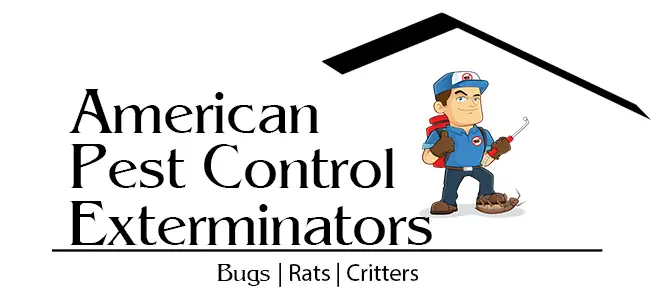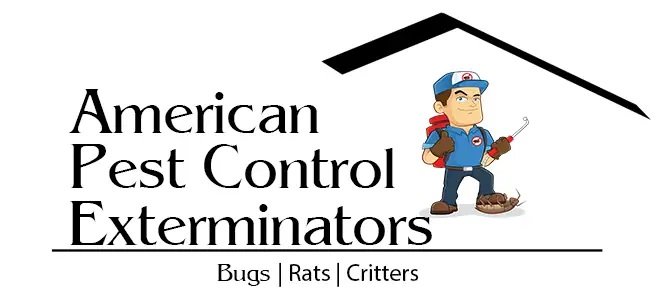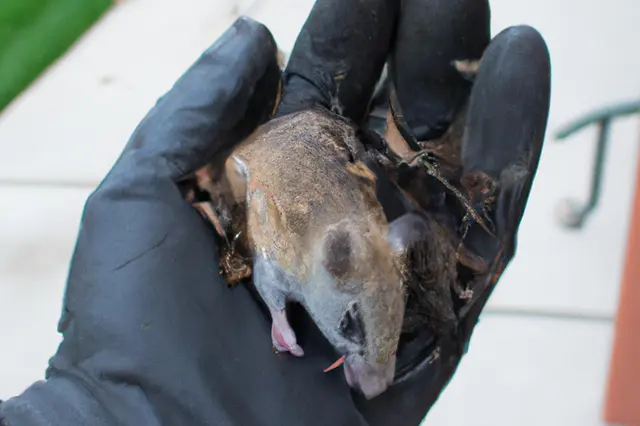
How to Safely Remove Dead Rodents from Your Home and Property
Uninvited guests come in all shapes and sizes. While some may make it easier to know when they’re visiting, others may go completely unnoticed until it’s too late. If you’ve heard the tell-tale signs of rodents scurrying around your home, you likely have a problem on your hands that needs to be addressed. But merely getting rid of rodents isn’t enough; you must also safely remove them from your property. In this blog post, we will explore the ways in which you can safely remove dead rodents from your home or property without putting yourself at risk of being infected by any diseases they may have been carrying.
What are the dangers of leaving dead rodents in your home?
Leaving a dead rodent in your home is not only unsanitary, it can also be dangerous. If the carcass is not removed properly, it can attract other pests and disease-carrying animals. Additionally, the decomposing body can release harmful toxins into the air that can cause respiratory problems for you and your family.
How to safely remove a dead rodent from your home
If you have found a dead rodent in your home or on your property, there are some important safety considerations to keep in mind. First, it is important to wear gloves and other protective gear when handling the carcass. Second, avoid touching the body with your bare hands as much as possible. If you must touch the body, be sure to wash your hands thoroughly afterwards. Third, place the carcass in a plastic bag and tie it tightly closed. fourth, dispose of the bag in an outdoor garbage can or dumpster. Finally, wash any surface that may have come into contact with the carcass with hot soapy water.
How to safely remove a dead rodent from your property
If you have found a dead rodent on your property, there are some important safety considerations to keep in mind. First, it is important to wear gloves and use a dust mask when handling the carcass. Second, be sure to place the carcass in a plastic bag before disposing of it in the trash. Finally, wash your hands thoroughly with soap and water after handling the carcass.
What to do with the carcass once it is removed
Assuming you have donned the proper protective gear, removing the carcass should be the next step. The most important thing to remember when removing a carcass is to not touch it with your bare hands. If you must touch it, use gloves, tongs, or another type of device. Once the carcass is removed, place it in a garbage bag and tie it up tightly. Then, place the garbage bag in a second garbage bag and tie that one up tightly as well. Doing this will help to prevent any diseases from spreading. Finally, dispose of the bags in an outdoor garbage can or dumpster.
Prevention tips to keep rodents away
There are a few key things you can do to prevent rodents from becoming a problem on your property in the first place. First, seal up any cracks or holes in the exterior of your home or outbuildings – mice and rats can squeeze through surprisingly small openings. Second, keep food stored in airtight containers and don’t leave any crumbs or food scraps lying around. Third, don’t give rodents a place to nest by storing firewood and other materials off the ground and away from the outside of your home. Finally, consider installing a rodent-proof fence around your property. If you already have a rodent problem, these prevention tips will help to keep new rodents from coming in while you work on getting rid of the existing population.
Conclusion
Removing dead rodents from your home and property can be a difficult process. However, by following the steps outlined in this article, you can make it much safer and simpler. It’s important to remember to wear protective gear while handling these animals and use appropriate tools when dealing with them. Furthermore, it’s always best to contact a professional if you are unsure or have any questions about how to safely remove dead rodents from your home and property.

